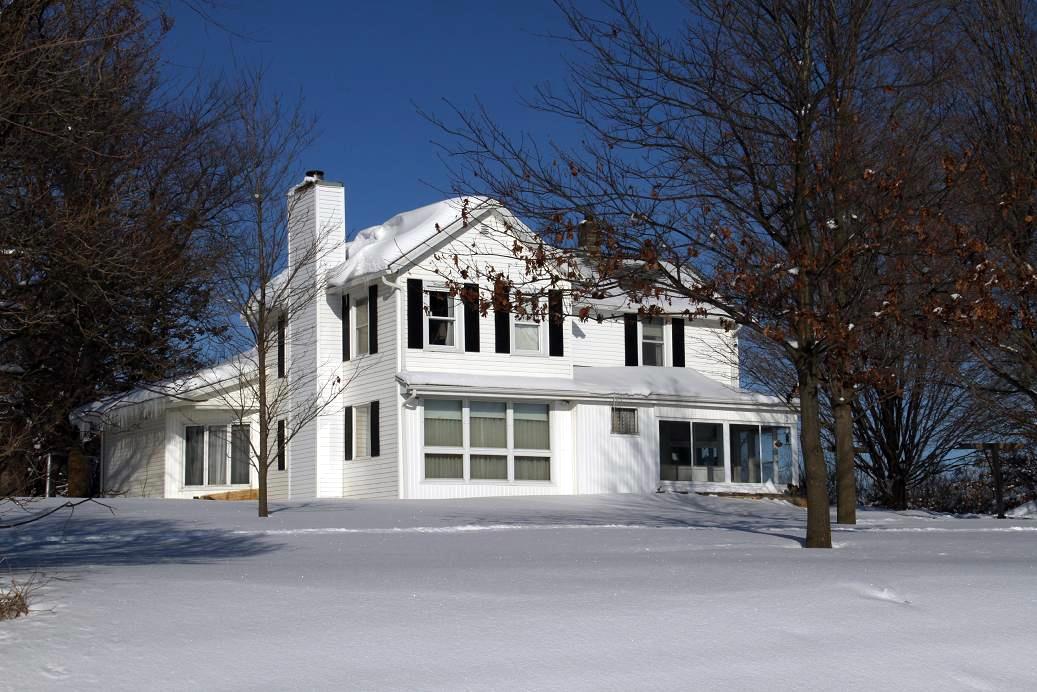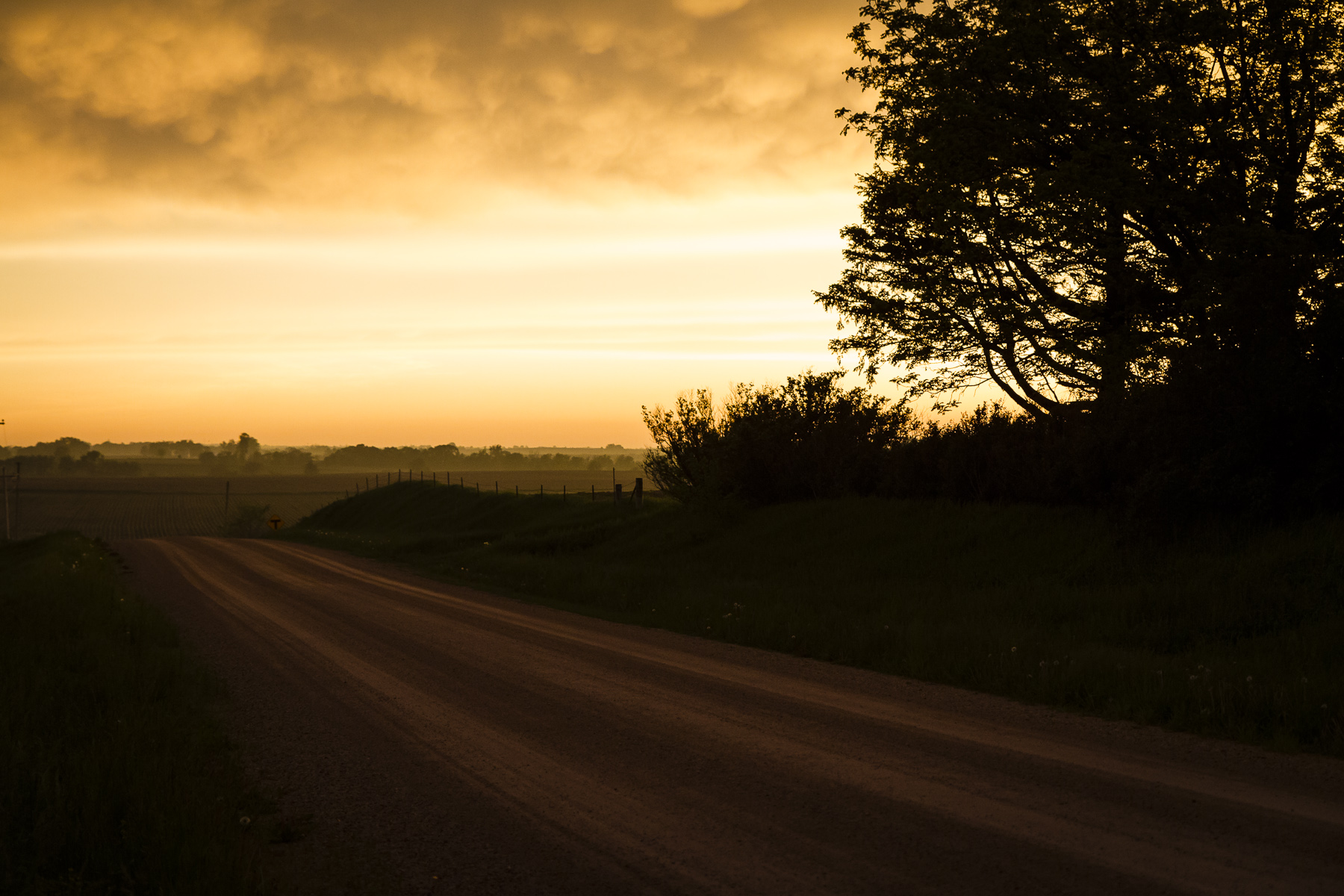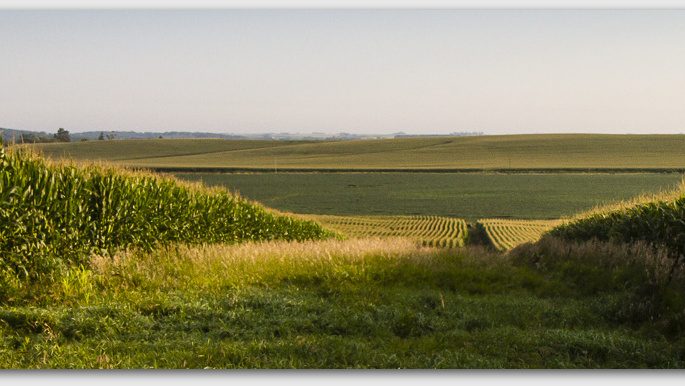A cowboy acquaintance now long dead advised me in my youth that if I ever wanted to see the real Mexico, I should drive there in a beat-up pickup truck wearing worn-out jeans and boots. I reluctantly drove back to this family farm in the middle of nowhere in my own pickup from Mexico where I had lived alone in happy retirement for five years on a tiny annual income, tiny because I was profligate in both my youth and prime. I prefer to say that I never cared enough about money, which seems to me a more right thinking way to look at it.
Never did I exceed my own pro rata share of humankind’s allowable carbon footprint in any one of those five years in Mexico. The pickup truck was parked most of the time. But there was no way to continue handling my aged, widowed mother’s affairs over the internet as her mental condition deteriorated. Moreover, I had no brothers or sisters on whom I could sluff off that job. I certainly would have sluffed it off, if I could have, to continue to live the Earth-friendly life that I lived there at altitude in what I laughingly called a “studio apartment” with no furnace and no air conditioner, healthy food, and disgracefully cheap liquor.
I returned to the same family farmhouse in which I had grown up in the late 40’s and 50’s, an old clapboard affair that had already sat vacant for a year. The water out of the tap was brackish when I fired up the electric pump in the well. The wallpaper had fallen off the walls in the living room and lay on the floor. The wall-to-wall carpeting, that ill-conceived post-war American luxury, was a travesty. And junk consumer goods everywhere. The livestock and heavy machinery had been sold off decades before. So it was that amid tending to my mother’s affairs and visiting her regularly in my capacity as her dutiful, only child, I began the enormous effort of cleaning it all up with a view toward selling the entire farm, investing the proceeds in something environmentally conscious for mother’s benefit, and returning to my Earth-friendly existence. I continued to send my rent payment to Mexico for a year.
I know that many of you have undertaken the task of cleaning out the home of parents who grew up during the Great Depression and never, ever threw anything away. But consider this. I not only had to deal with a house stacked half-way up the walls with crap. I also had to deal with outbuildings—an old chicken house, a hog house, a corn crib, a barn, a machine shed, all of them stacked with detritus, not one item of which had at any time been legitimately depreciable over a life span longer than six months. Not to mention the remnants of a large cattle shed destroyed by some tornado or another. (The insurance proceeds had undoubtedly been collected but never expended to clean it up.) The gift of extreme thrift to a later generation. Today the house functions quite well as a home, now that the new fireplace has been installed after I nearly burned it all to the ground.
Then, in the midst of all of this, my mother—one of the great parents of all time—died, just as my father had in late 2010. I have since forgiven them both for dying and have so informed their ghosts on several occasions. The upshot was, however, that I quite abruptly and through no fault of my own assumed my place among the local landed gentry . . . and ass deep in complicity with one of the great malefactors of our time, Industrial Agriculture in collusion with Monsanto and so many others, the entire catastrophe. I had moreover become attached to this place on which I was laboring so mightily and could not bring myself to sell it off.
 PHOTO: STEPHEN BRASSAWE
PHOTO: STEPHEN BRASSAWEThat required a rationalization of greater magnitude than any of my previous peccadilloes had. Through intense study aided by my immense capacity for self-forgiveness, I have been able to do it. I firmly believe that Bill McKibben is wrong. We are not facing the climactic “tipping point” now. The species Homo sapiens irrevocably blew past the tipping point around 10,000 B.C. when a few miscreants perpetrated the Agricultural Revolution. That facilitated the mind-boggling concentration of specimens of the species in large urban centers, developed their enormous appetite for high fructose corn syrup that now exceeds even their appetite for cocaine, and freed up their time to engage in mischief—such as inventing stuff that slowed the natural thinning of the herd. Everything that followed was inevitable.
As you can clearly see, it is not at all my fault that I live well here now in a manner that I have found more consonant with my natural station in life. I was presented with circumstances beyond any control of my own. The silence is profound on this gravel road along the ridge line—save for the wind, a combine here or there in the fall, and the occasional faint roar of a jet airliner 35,000 feet above me on its way between ORD and DEN. With that resulting clearer state of mind and the quiet, for the past five years, I have been able to ponder various possible resolutions of my dilemma as I listen to NPR here in my office in the old chickenhouse with a map of Mexico on the wall.
 PHOTO: STEPHEN BRASSAWE
PHOTO: STEPHEN BRASSAWE





